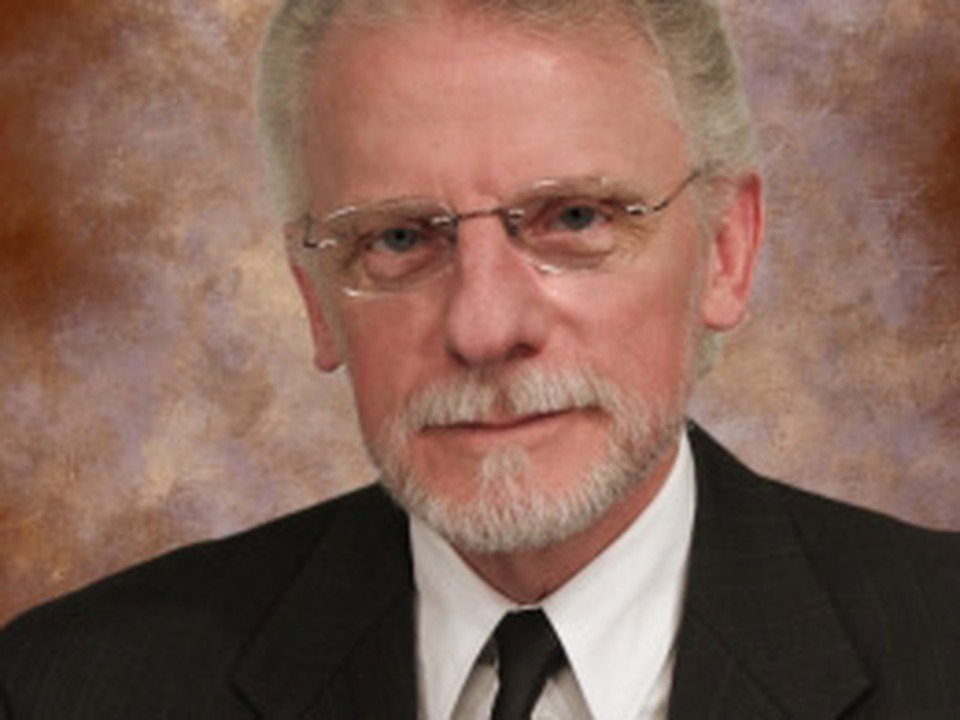The Church: God's Program for Ministry

When Did the Church Begin?
There are two important reasons for believing that the church began after the earthly ministry of Christ. First, when Jesus said, "I will build My church" in Matthew 16:18, the church was clearly still the future tense of "I will build" shows that at the time Jesus
spoke these words the church had not yet begun. Second, the baptism of the Holy Spirit (see 1 Cor. 12:13), which is essential to the church's existence, did not begin until Acts 2. It was not until Acts 2 that the Holy Spirit began His work of baptizing believers into the
Body of Christ. In Acts 1:5 Jesus said, "for John baptized with water, but you shall be baptized with the Holy Spirit not many days from now." The apostles had ministered with Christ for more than three years and had seen dramatic results from their preaching and miracles, but they still had not been baptized with the Holy Spirit. In Acts 1:8, Jesus told the disciples, "you shall receive power when the Holy Spirit has come upon you.” This was fulfilled on the Day of Pentecost (Acts 2) when the Holy Spirit came upon the disciples. It was on this day that the church began.
Who Makes Up the Church?
A person may drive past our building in Lincoln and say, "There is Indian Hills Community Church," equating the church with a building. The church, however,
is not a building of brick and wood. The church is made up of those who have placed their faith in Jesus Christ. Our building is where Indian Hills Community Church meets, but it is not the church. Believers in Jesus Christ make up the church. The New Testament teaches that on the Day of Pentecost (Acts 2) a new union of believers came into existence. Both Jews and Gentiles (all non-Jewish people) became united in the Body of Christ- the church. This union of Jews and Gentiles in one body did not exist in the Old Testament era.
The Church: Universal and Local
First, there is what we call the "universal" or "invisible" church, comprised of all true believers from the time of Acts 2 onward. It includes all those who are related to Christ
by faith through the ministry of the Holy Spirit. All believers from around the world make up this universal aspect of the church. For example, the believer in China is linked to the believer in the United States in a universal, invisible way.
Second, the New Testament also refers to what is called the "local church" or "local churches," made up of people who are believers in Jesus Christ and who meet together in a local or specific place. Local churches are not only related spiritually to Christ but also have a physical and geographical identity.
Should local churches be hesitant to call themselves the "church of God" since each local church only makes up a small fraction of all believers in Christ? Acts 20:17-38 helps answer this question. This section records Paul's message to the Ephesian elders from Miletus. Significant to our discussion is what Paul told them in verse 28: "Be on guard for yourselves and for all the flock, among which the Holy Spirit has made you overseers, to shepherd the church of God which He purchased with His own blood." Here Paul is speaking to the elders of the local church at Ephesus. Notice, though, that this church is called "the church of God." He does not say "they are part of the church of God" but they are "the church of God." Despite the fact that each local church consists of only a small fraction of all true believers, each local congregation can properly be called the "church of God."
The Parachurch Explosion
The church of Jesus Christ, as we have seen, has two dimensions-universal and local. However, though both notions are present, the emphasis in the New Testament is not equal. The Greek word for church, ekklesia, is used 114 times in the New Testament.
Of the 114 times the word for church is used, more than 90 refer to the local church. Less than 25 references to "church" in the New Testament refer to the universal church.
We must take a step back and see if we are carrying out God's work in the way He has prescribed or if we are substituting His plan with our own. The church is to be "the pillar and support of the truth" (1 Tim. 3:15), not the arbitrator of what truth is important and what truth is less important. The New Testament reveals that God's plan for ministry in this age centers in the local church.
Some Christians are enthusiastic and passionate, giving their money and time to outside Christian organizations, but share little of that enthusiasm and passion with their local church. While the work of other organizations may seem more exciting, the church is still God's plan.
Do Churches Need to Get Together?
I have heard people say, "If only churches would lay aside their doctrines
and come together, think how we could reach the world for Jesus." Some even believe that lack of unity among churches has actually held back the Gospel and has cut down on the number of people who would otherwise have come to Christ. Certainly, there is an
element of truth to the fact that Bible-believing churches should be supportive of each another. Jesus addressed each local church as an individual entity and told them what they must do.
How Christians Are to Function
Now we turn our attention to how Christians within the local church are supposed to function.
Gifts Given to "Each One"
(1 Cor. 12:7). The emphasis in this verse is on "each one." Put simply, every believer is given a spiritual gift by God. No one is left out. I have known Christians who say, "I don't have a spiritual gift." But that is not what verse seven says. It is a denial of Scripture for any believer to claim that God has not enabled him or her to contribute to His body. Another excuse sometimes given for not serving is that the church a person attends is too big or that they are not needed. Yet that is not true. God brings every part of His body together for a purpose. If God has placed a believer in a local church, He has a part for that believer to play which will enable the body to function more
effectively.
Gifts-An Evidence of God's Presence
Notice also that Paul in verse seven refers to the "manifestation of the Spirit." Whenever a believer uses his spiritual gift, the Holy Spirit's presence in his life is made manifest. We may not physically see the Holy Spirit, but we do notice His presence when a person
uses his or her spiritual gift. Unfortunately, some people attend church for a long time without ever getting involved and ever exercising a spiritual gift. Some leave churches complaining that they do not fit in. Perhaps some who have this attitude are not truly born
again. That may sound strong, but the ability to function as a vital part of the Body of Christ is a result of the Holy Spirit's work in a person's life.
Spiritual Gifts or Natural Talents?
Is there any connection between the natural talents a person has as an unbeliever and the spiritual gifts he has as a believer? The answer is not always clear. God, in His sovereignty, can bestow on an unsaved person natural talents that can be used effectively for service after that person becomes a believer. But it is not correct to say that
natural abilities and spiritual gifts are the same. A person may be a teacher in a school but that does not mean he has the gift of teaching. A talented but unbelieving musician can perform music in a church, but that person would not be able to build up the church
through his music like a believer could. We all have natural abilities, but when a person becomes saved and is placed into the church, he is then gifted by God to be able to serve the body. Natural abilities, then, are different from spiritual gifts.
Spiritual Gifts for the Common Good
It is very important to realize that the purpose of spiritual gifts is for the benefit of the body. Spiritual gifts are not for self-edification but for others. If Christians understood this basic purpose of spiritual gifts much of the confusion today concerning the
gift of tongues would be cleared up. Scripture makes clear that no gifts are given for personal benefit. They are given "for the common good." Using a spiritual gift for oneself is not a valid use of the gift. My gift was not given for me. It was given to serve those in the body.
Finding Your Spiritual Gift
Believers are to be active parts of Christ's body and that involves using their spiritual gifts. You can do the work of an evangelist without being an evangelist. You can show mercy even if you do not have the gift of mercy. Give even if giving is not your gift. As you begin serving you will become more focused on developing the ministry and less concerned with what is wrong with it. You can help to make things right. You will
find that there are areas where you will be more effective than others. This will become clear as you serve. Others will see your effectiveness and affirm where you are gifted.
Conclusion
God's plan is simple. As people are saved in this age, they become part of Christ's body-the church. The church has organization, structure and leaders. It carries out the ministry God has given it. Responsibility is placed upon the church leaders to be doctrinally pure and functioning, as they should. We are to carry out the ministry
by being a part of His church. That is where our passion should be. All our gifts, abilities, energy and money ought to be committed to it. Organizations may come to us for time and money, but our first priority is to the area God has given us as a church. They may
have great plans but we are to be passionately involved with the Body of Christ as the New Testament presents it. Is the church the most important thing in your life? Let's not
wait for others to come and lay out a vision of how we can get the job done. God has already done that. We cannot start our own plan and expect God to bless it. He already has His plan working, and He privileges us to be a part of it. Let us make sure we are doing His work according to His way.
Originally published February 10, 2004.





